The fragrance of Zongzi welcomes the Dragon Boat Festival, and the thousand-year-old custom is renewed
As the Dragon Boat Festival approaches midsummer, the days get longer and the weather becomes clearer. When the fragrance of wormwood quietly permeates the streets and alleys, and when colorful silk threads are tied around children's wrists, the annual Dragon Boat Festival is here again. As China's first festival selected as a world intangible cultural heritage, the Dragon Boat Festival not only carries the profound cultural heritage of the Chinese nation, but also radiates new vitality in the new era.
Dragon boat racing is one of the most representative traditional activities of the Dragon Boat Festival. In many waters in the south, drums are thundering and dragon boats are racing. The beautifully decorated dragon boats cut through the waves on the water, and the team members paddle hard in unison with the drums, and the cheers of the audience on the shore rise and fall. Every hard sprint embodies the spirit of unity and cooperation and inherits the cultural gene of courage to fight. In some areas in the north, although there are no wide water conditions, people continue this enthusiasm in innovative forms such as dry land dragon boat racing, allowing traditional folk customs to develop in different regions according to local conditions.
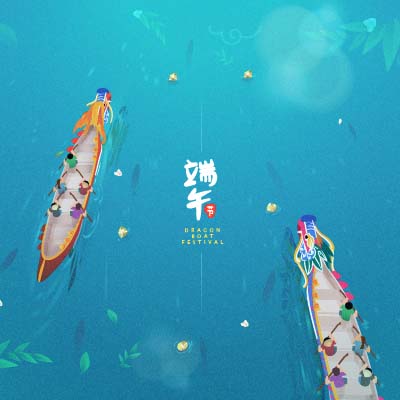
Making zongzi is an indispensable ritual for every household during the Dragon Boat Festival. Various ingredients such as glutinous rice, red dates, salted egg yolks, and pork belly are transformed into zongzi of various shapes by skillful hands. Zongzi in different regions also have their own characteristics. Zongzi in the south are mostly salty, with firm glutinous rice wrapped around plump pork belly, and the salty fragrance is overflowing; zongzi in the north prefers sweetness, with snow-white glutinous rice paired with sweet candied dates, and the sweetness melts on the tip of the tongue. Many communities have also organized zongzi-making competitions and volunteer service activities, where neighbors gather and teach hand in hand, passing on the skills of making zongzi from generation to generation, and also conveying warmth and care to groups such as lonely elderly people and left-behind children.
In addition to dragon boat racing and making zongzi, traditional customs of the Dragon Boat Festival also include hanging wormwood and wearing sachets. In the early morning, people hang wormwood in front of their doors to ward off evil spirits and avoid disasters; exquisite sachets filled with various Chinese medicinal materials emit a unique aroma, which not only refreshes the mind, but also carries the good wishes of praying for health. Today, these traditional customs are combined with modern creativity to derive new products such as wormwood cultural and creative products and customized sachets, which are deeply loved by young consumers, allowing traditional culture to be integrated into public life in a more fashionable way.
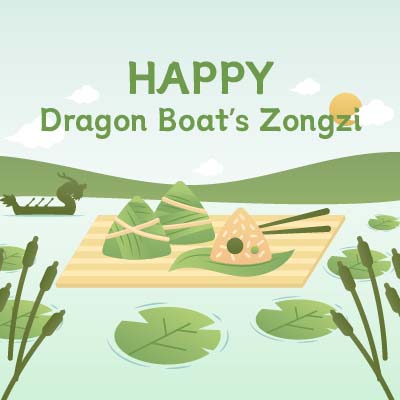
In today's globalized world, the influence of the Dragon Boat Festival continues to extend outward. Many overseas Chinese communities have held colorful Dragon Boat Festival celebrations, and dragon boat racing has also gone abroad, setting off a wave of enthusiasm in the waters of Europe, America, Southeast Asia and other places, attracting the participation and attention of many foreign friends. This not only allows Chinese traditional culture to take root in foreign countries, but also builds a bridge for cultural exchanges between China and foreign countries.
The Dragon Boat Festival, a traditional festival with a thousand-year history, is moving towards the future with a new attitude. It is not only the inheritance of the wisdom and spirit of the ancestors, but also a cultural bond connecting the past, present and future. In this season of fragrant rice dumplings, let us taste the charm of traditional culture together and jointly protect this precious national memory.

 Español
Español English
English Français
Français Deutsch
Deutsch Italiano
Italiano Español
Español



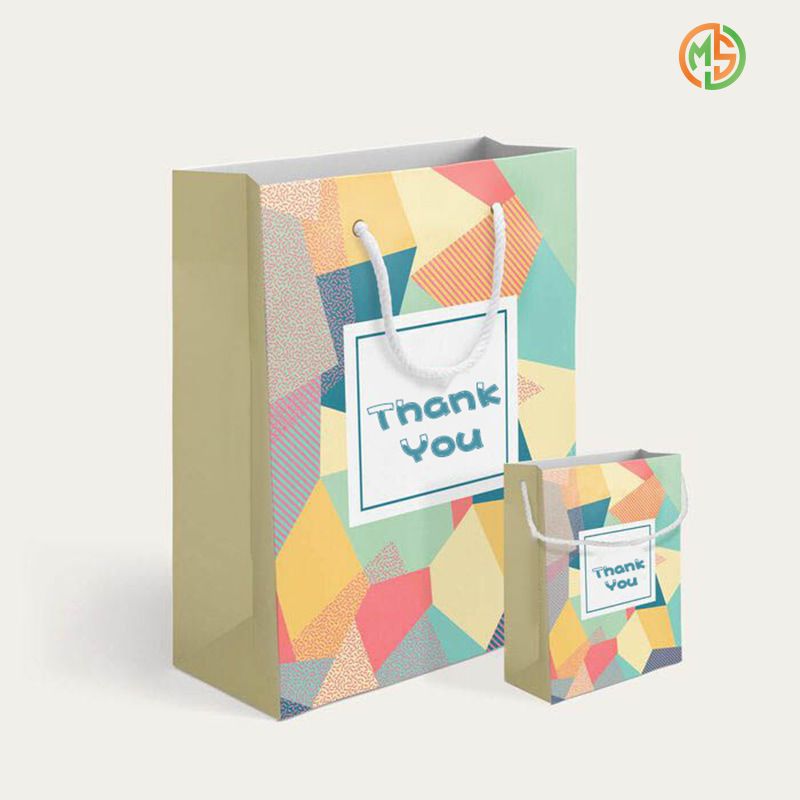
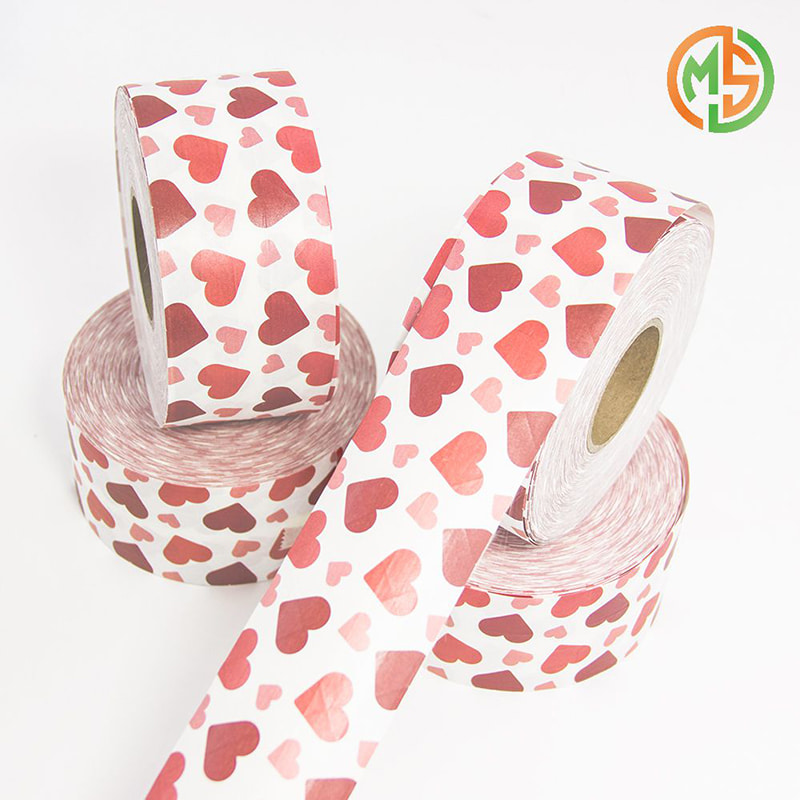
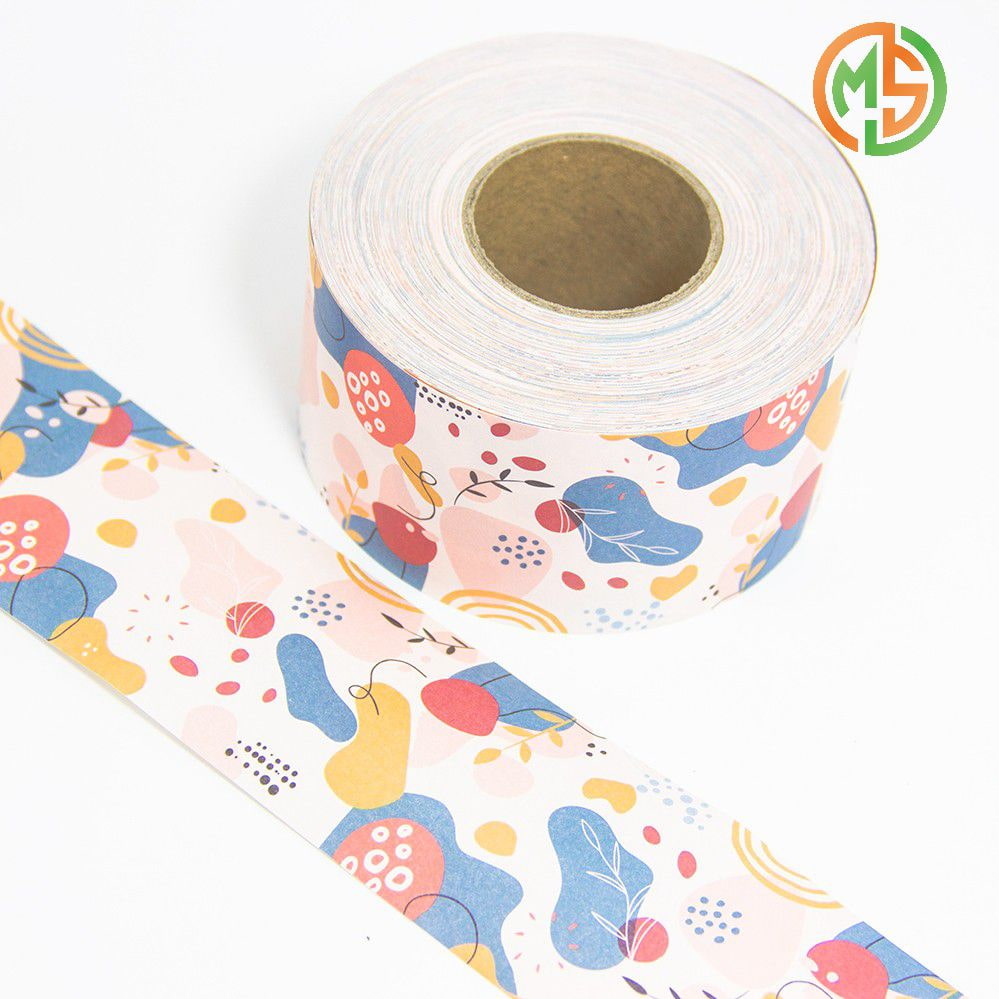
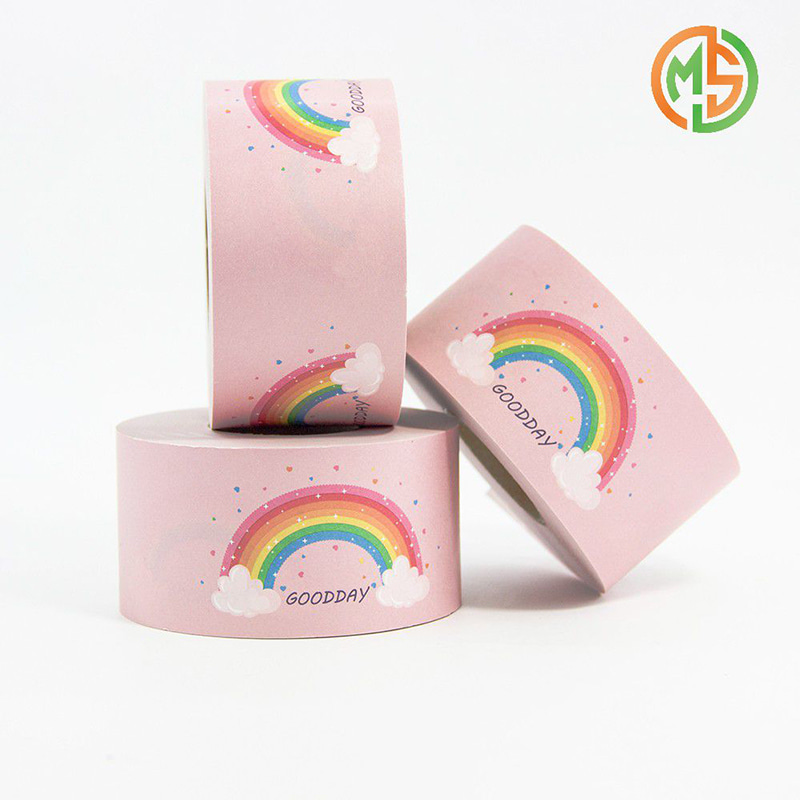
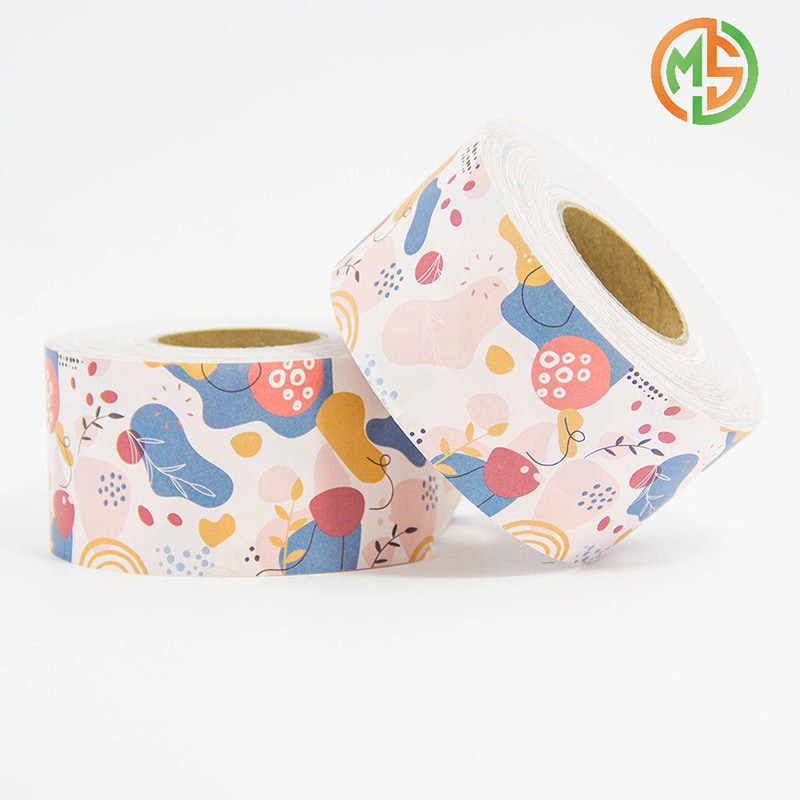
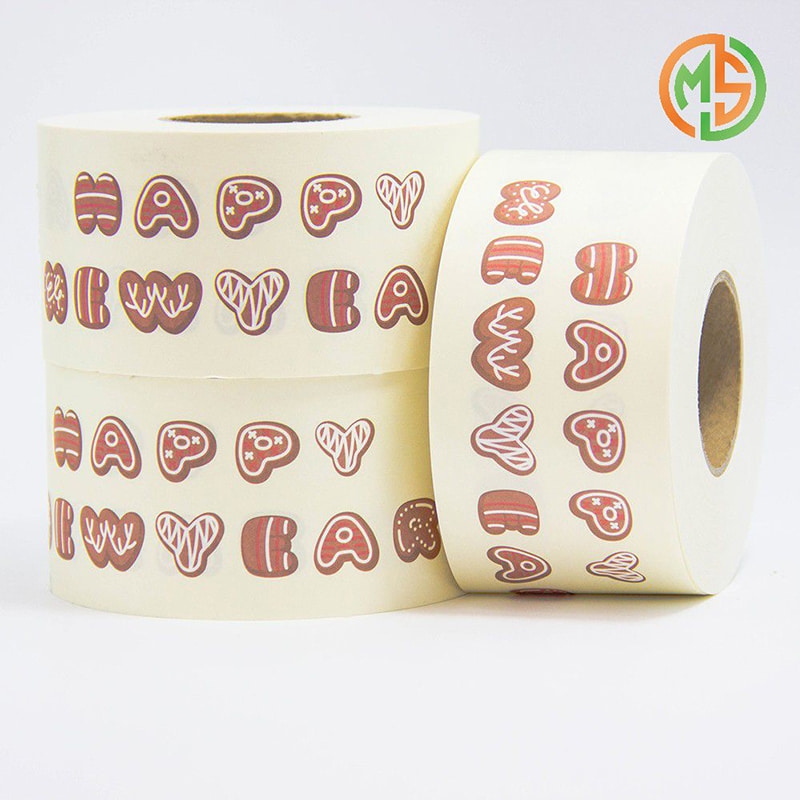
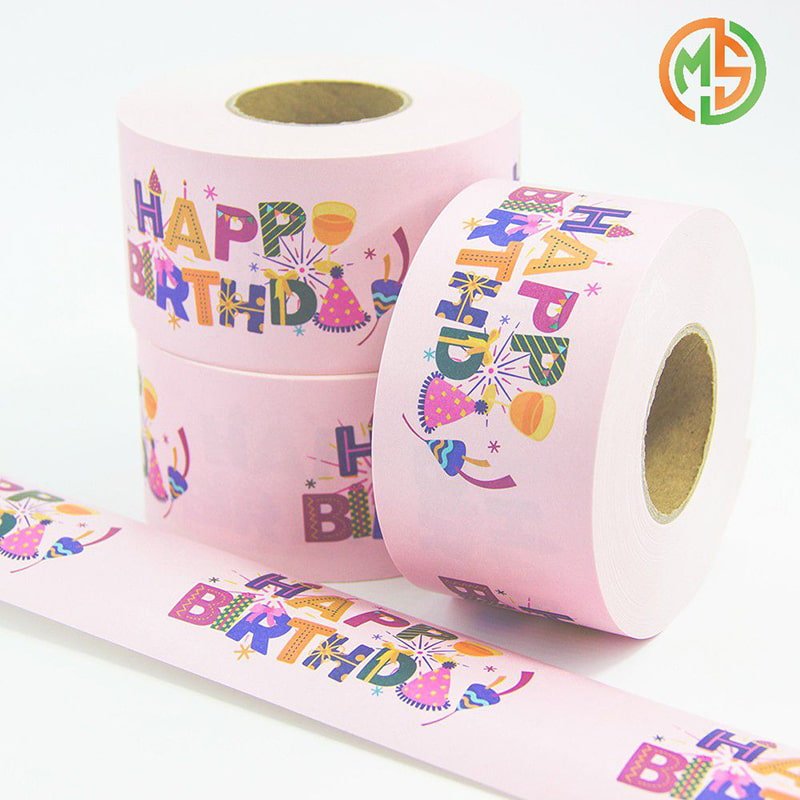
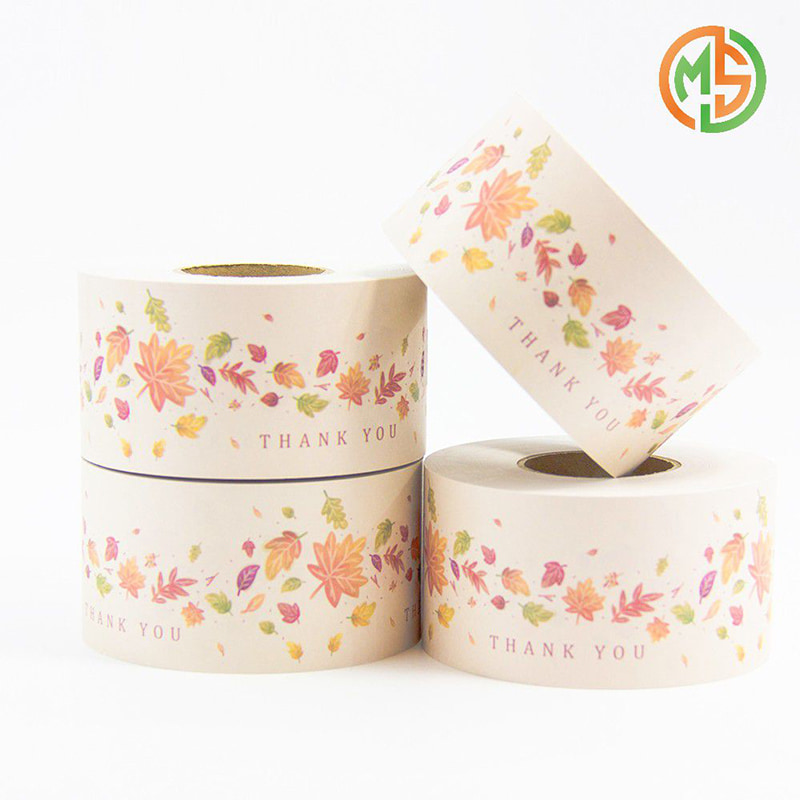



 IPv6 RED SOPORTADA
IPv6 RED SOPORTADA
